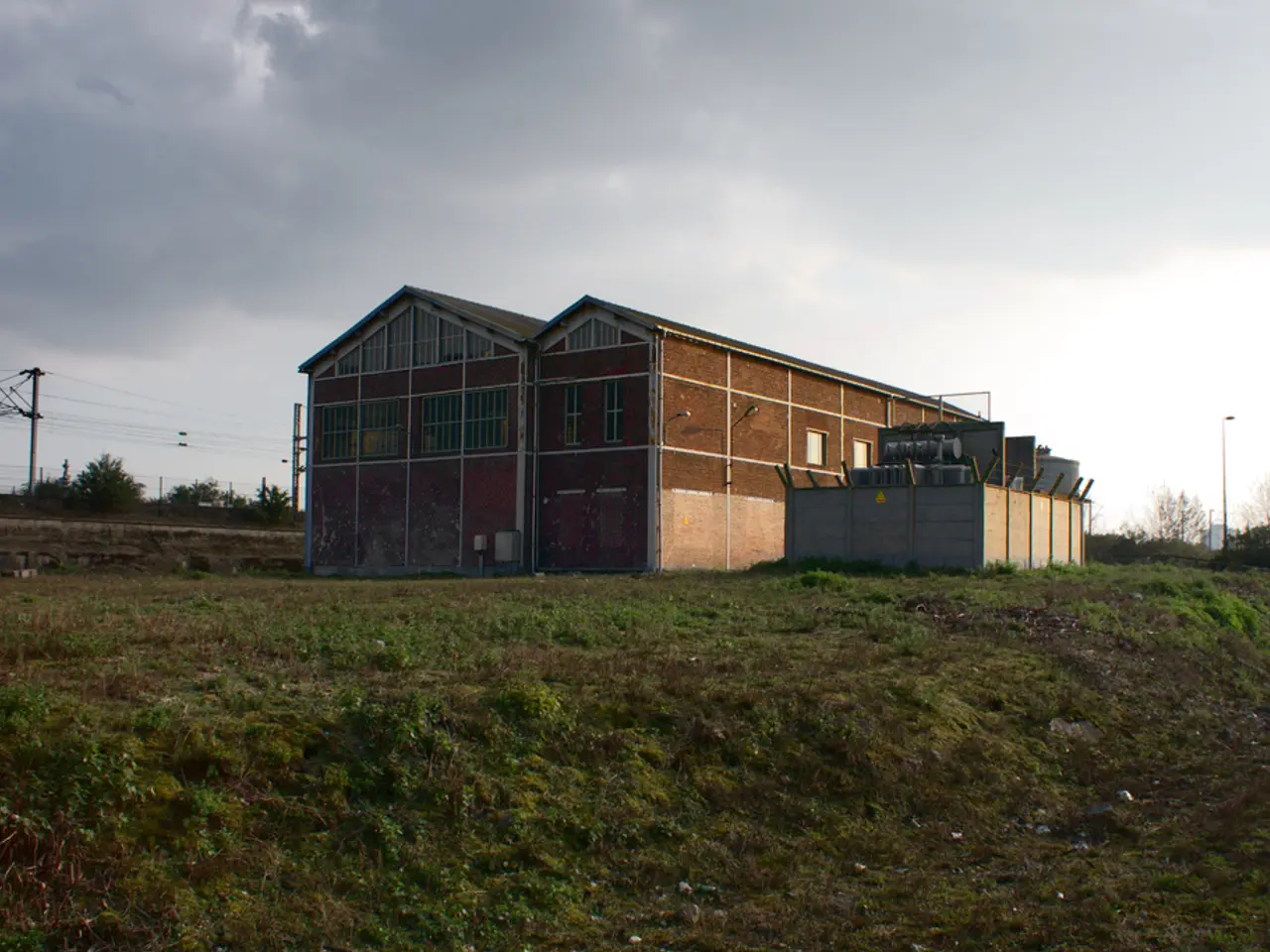Amazon affirms cooperation to combat energy impoverishment in England
In a significant development for the UK's energy sector, the billion-pound company EnergyCloud, in collaboration with Amazon and YES Energy Solutions CIC, has launched a pioneering energy efficiency project aimed at addressing energy poverty and reducing energy waste in England. This initiative, set to be piloted in 2023, marks a significant step forward in the UK's quest to reach net-zero carbon emissions and improve the lives of vulnerable households.
David Nicholl, chair of EnergyCloud England, hailed the launch as a significant milestone for the company. The project, he explained, utilizes green energy generated during off-peak times to heat immersion tanks, ensuring that excess renewable energy is not wasted. Households participating in the pilot will receive an EnergyCloud-enabled smart device, enabling them to manage their energy consumption more efficiently.
This project aligns with Amazon's commitment to making a positive difference in the communities and countries it operates in. Alison Kay, vice president and managing director of Amazon Web Services, has expressed her support for the project, emphasizing the potential of combining cloud computing, renewable energy, and technology to drive innovation and create positive social impact.
The project is not the first of its kind for EnergyCloud. The company previously launched a similar scheme in Ireland in 2023, where households equipped with EnergyCloud devices received a free tank of hot water for nearly one third of the year.
Meanwhile, the UK government has announced its own ambitious energy efficiency plan, the Warm Homes Plan, as part of the UK's Spending Review 2025. This initiative represents a major government investment of £13.2 billion from 2025-26 to 2029-30 aimed at making homes warmer, more energy-efficient, and cheaper to heat—primarily targeting low-income families and pensioners living in less efficient homes rated EPC D-G.
The Warm Homes Plan focuses on retrofitting hundreds of thousands of homes with insulation upgrades, installing low-carbon heating systems like heat pumps, and solar panels. It aims to reduce energy bills by up to £600 annually for vulnerable households through these improvements. There is a specific focus on fully funding upgrades for low-income and vulnerable households, with a large scale rollout expected to benefit up to 300,000 homes next year.
Local authorities will implement parts of the scheme through a Warm Homes: Local Grant, supported by £500 million in funding from 2025 to 2028. The plan aligns with the UK’s broader strategy for reaching net-zero carbon emissions and supports infrastructure and environmental goals at a national level.
The success of both the EnergyCloud project and the Warm Homes Plan is expected to significantly reduce fuel poverty by lowering energy costs, especially for the most vulnerable citizens. It supports the government's ambition to accelerate the transition to a low-carbon economy by encouraging the adoption of clean heating technologies and improved energy efficiency in the housing stock.
The investment is likely to stimulate economic activity and job creation in retrofit and clean energy sectors through demand for insulation, heat pumps, and solar panel installation. This plan is part of a wider clean energy push by the UK government, which includes efforts to build the clean energy sector domestically, such as the Clean Energy Industries Sector Plan and new policies to revive onshore wind energy development after years of stagnation.
However, some political challenges exist, including local councils led by Reform UK that could potentially hinder new clean energy projects like solar and battery installations, although their impact is projected to be limited relative to national clean energy targets.
In summary, the Warm Homes Plan and the EnergyCloud project represent groundbreaking and comprehensive energy schemes in England designed to improve home energy efficiency, cut energy bills for vulnerable households, and advance national net-zero goals through large-scale investment in clean heating technologies and insulation upgrades. Their success will contribute to social, economic, and environmental progress in the next decade.
The EnergyCloud project, in partnership with Amazon and YES Energy Solutions CIC, combines technology and innovation to drive energy efficiency and reduce energy waste, aiming to make a positive social impact on vulnerable households in England. Similarly, the UK government's Warm Homes Plan, part of the Spending Review 2025, intends to improve energy efficiency in homes, targeting low-income families and pensioners, through the installation of insulation, low-carbon heating systems, and solar panels, seeking to create a significant social, economic, and environmental progress.




